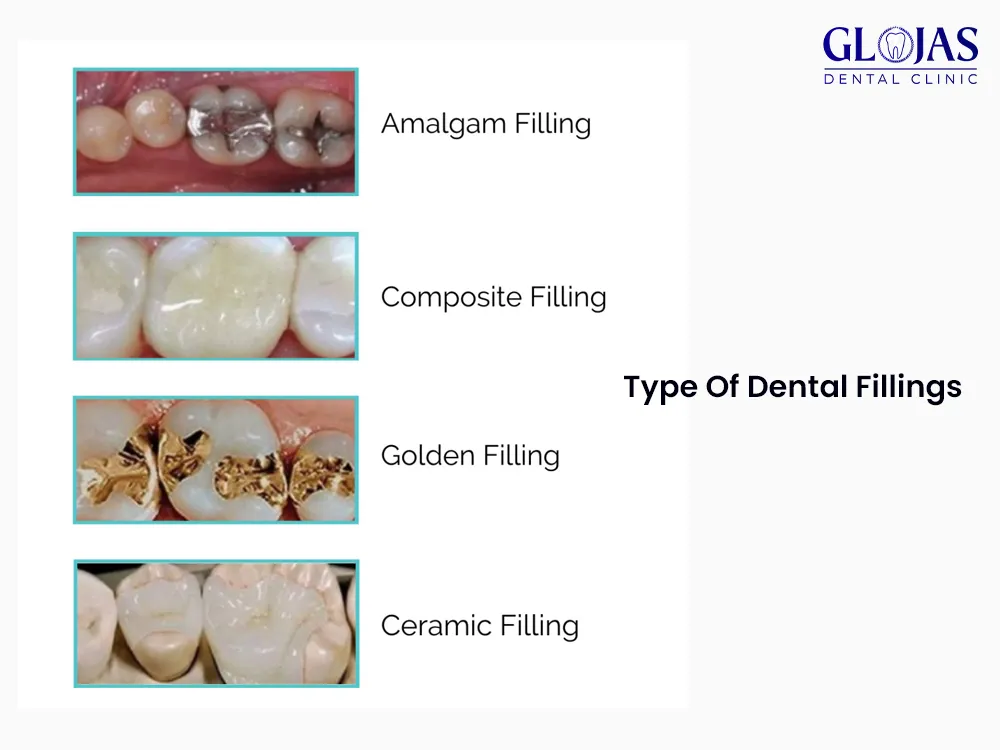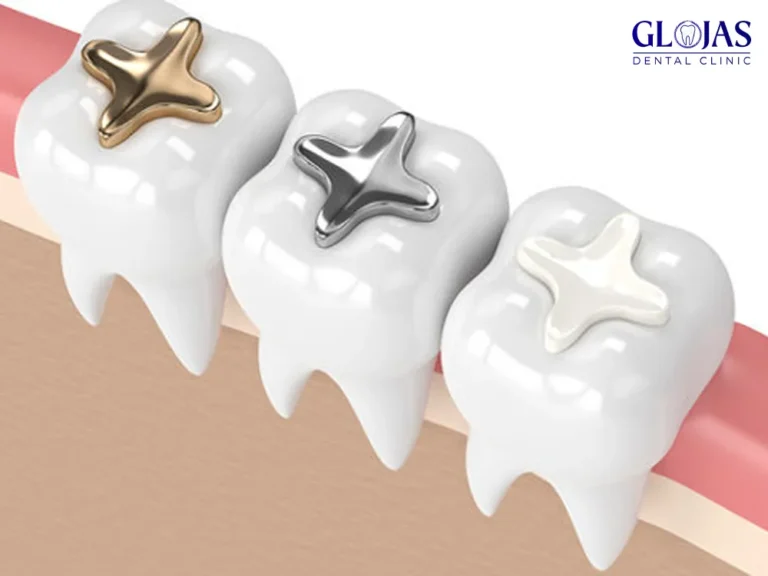Dental fillings are one of the most common treatments in dentistry, used to repair cavities and restore the function and appearance of teeth. With various types and materials available, understanding your options can help you make informed decisions about your oral health. In this guide, we’ll explore the different types of dental fillings, materials used, their costs in Malaysia, and a detailed procedure breakdown to give you a complete overview.
Types of Dental Fillings

1. Amalgam Fillings
Made from a mixture of metals, including silver, mercury, tin, and copper, amalgam fillings are durable and cost-effective.
Advantages: Long-lasting and strong.
Disadvantages: Noticeable metallic appearance, potential concerns about mercury content.
2. Composite Fillings
These are made from a blend of resin and glass particles, offering a natural tooth-colored appearance.
Advantages: Aesthetic, blends well with natural teeth.
Disadvantages: Less durable than amalgam, more expensive.
3. Ceramic Fillings
Ceramic fillings, usually made of porcelain, are aesthetically pleasing and resistant to staining.
Advantages: Highly durable and natural-looking.
Disadvantages: Expensive compared to other options.
4. Gold Fillings
Gold fillings are a combination of gold and other metals, known for their durability and biocompatibility.
Advantages: Long-lasting, resistant to corrosion.
Disadvantages: Expensive and highly visible.
5. Glass Ionomer Fillings
These fillings release fluoride, making them ideal for children and patients prone to cavities.
Advantages: Fluoride-releasing, good for small fillings.
Disadvantages: Less durable and weaker than other materials.
Materials Used in Dental Fillings
Metal Alloys: Used in amalgam and gold fillings, offering strength and longevity.
Composite Resin: Provides aesthetic appeal, ideal for visible teeth.
Ceramics: Known for their durability and stain resistance, used in premium fillings.
Glass Ionomer: Releases fluoride to prevent further decay, suitable for less demanding areas.
Prices of Dental Fillings in Malaysia
The cost of dental fillings in Malaysia depends on the material used, the size of the filling, and the clinic’s location. Here’s a breakdown:
Amalgam Fillings: RM80 – RM200 per tooth.
Composite Fillings: RM150 – RM450 per tooth.
Ceramic Fillings: RM800 – RM1,500 per tooth.
Gold Fillings: RM1,000 – RM3,000 per tooth.
Glass Ionomer Fillings: RM100 – RM300 per tooth.
Procedure Breakdown for Dental Fillings
Consultation and Diagnosis:
Examination of the affected tooth.
X-rays to determine the extent of decay or damage.
Preparation:
Numbing the area with local anesthesia.
Removing the decayed or damaged portion of the tooth.
Filling Placement:
Cleaning and drying the cavity.
Placing the chosen filling material.
Shaping and polishing the filling for a comfortable bite.
Final Check:
Ensuring proper fit and function.
Adjustments if necessary.
FAQs About Dental Fillings
1. How long do dental fillings last?
The lifespan varies by material: Amalgam (10-15 years), Composite (5-10 years), Ceramic (15+ years), Gold (20+ years).
2. Are dental fillings painful?
The procedure is generally pain-free due to local anesthesia. Minor sensitivity may occur afterward but subsides quickly.
3. Can I eat immediately after getting a filling?
It depends on the material. Composite fillings allow immediate eating, while amalgam fillings may require a few hours to set.
4. What should I do if my filling falls out?
Visit your dentist promptly to prevent further decay or damage to the tooth.
5. Are there any risks with dental fillings?
Risks are minimal but may include temporary sensitivity, allergic reactions (rare), or the filling wearing out over time.
Facts and Myths About Dental Fillings
Facts:
Fillings can stop the progression of tooth decay.
Modern fillings are designed to blend seamlessly with natural teeth.
Regular dental check-ups are essential to monitor the condition of fillings.
Myths:
Myth: Fillings last forever. Fact: All fillings have a finite lifespan and require replacement over time.
Myth: Composite fillings are weaker than amalgam. Fact: Composite fillings are strong enough for most cases and continue to improve.
Myth: Dental fillings cause significant pain. Fact: The procedure is quick and minimally uncomfortable due to modern anesthetics.
Conclusion
Dental fillings are a vital treatment for restoring decayed or damaged teeth, offering both functional and aesthetic benefits. With various types and materials available, you can choose a solution that fits your needs and budget. In Malaysia, affordable and high-quality dental filling options are accessible, making it easier than ever to maintain your oral health. Consult with your dentist to determine the best choice for your specific condition and enjoy a healthier, brighter smile.

